What is the best cheap mulch for vegetables around here?
plantslayer
11 years ago
Related Stories
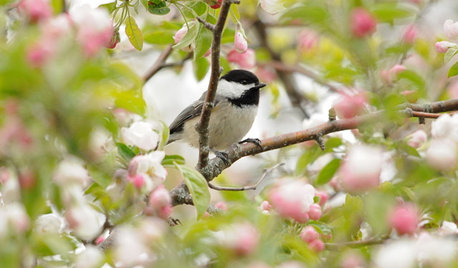
SPRING GARDENINGSpring Gardens Are Waking — Here’s What to Do in March
Excitement fills the air when gardens come back to life. These guides will help you make the most of yours
Full Story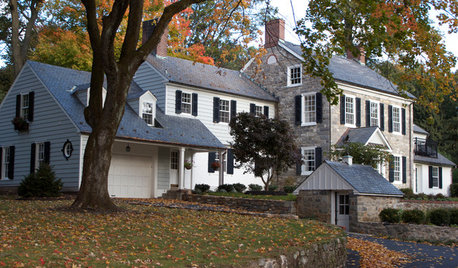
HOUSEKEEPINGIt’s Time to Clean Your Gutters — Here’s How
Follow these steps to care for your gutters so they can continue to protect your house
Full Story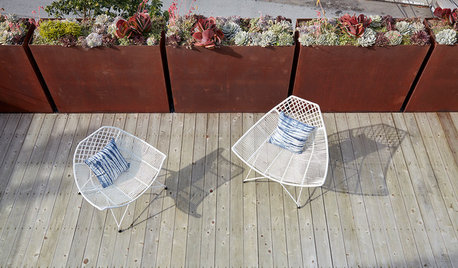
LANDSCAPE DESIGNHere’s How to Get That Great Steel Planter Look
Learn more about how resilient and beautifully rusty Cor-Ten steel can find a home in your garden, and how much it costs
Full Story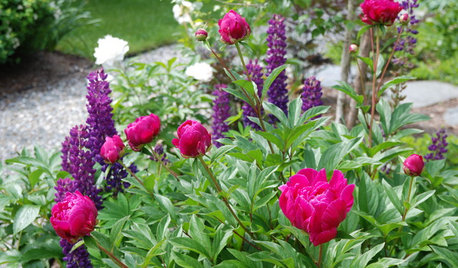
REGIONAL GARDEN GUIDESDelight in Summer’s Garden Glories — Here’s What to Do in June
Wherever you live in the United States, these guides can help you make the most of your summer garden
Full Story
MOST POPULARIs Open-Plan Living a Fad, or Here to Stay?
Architects, designers and Houzzers around the world have their say on this trend and predict how our homes might evolve
Full Story
HOMES AROUND THE WORLDThe Kitchen of Tomorrow Is Already Here
A new Houzz survey reveals global kitchen trends with staying power
Full Story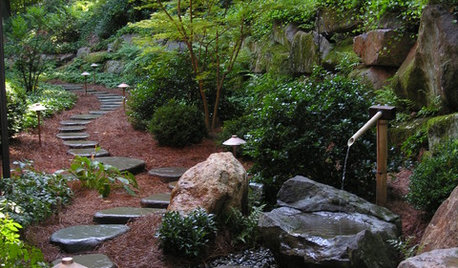
GARDENING GUIDESLowly Mulch Makes Magic in the Garden
Find out why you should be mulching your garden beds and what material is right for your site
Full Story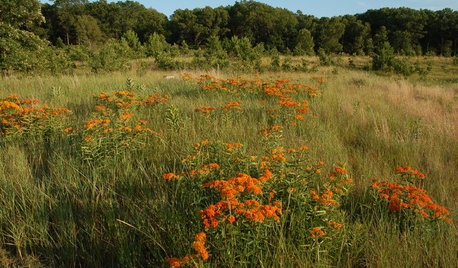
GARDENING GUIDESThe Art of Green Mulch
You can design a natural garden that doesn’t rely on covering your soil with wood and bark mulch
Full Story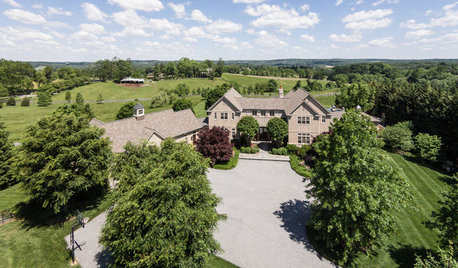
HOME TECHThe Inevitable Future of Drones Around Your Home
As Google joins the push for airborne deliveries, it seems only a matter of time before neighborhoods are buzzing with drones. Is that OK?
Full Story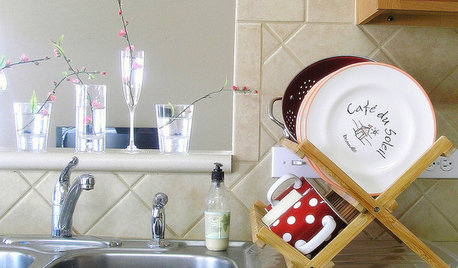
MOTHER’S DAYWhat to Do for Mom Around the House on Mother’s Day
Show appreciation for your mother and make her day extra special with these ideas
Full Story





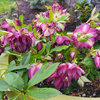
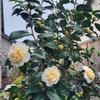
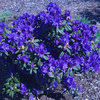
Embothrium
quillfred
Related Professionals
Erie Landscape Architects & Landscape Designers · Newcastle Landscape Architects & Landscape Designers · Brooklyn Center Landscape Architects & Landscape Designers · Tempe Landscape Contractors · Darien Landscape Contractors · Edinburg Landscape Contractors · Lady Lake Landscape Contractors · Longmont Landscape Contractors · Munster Landscape Contractors · Seven Hills Landscape Contractors · West Allis Landscape Contractors · Ferguson Landscape Contractors · Baltimore Fence Contractors · Columbia Fence Contractors · Spring Fence Contractorsoliveoyl3
gardengal48 (PNW Z8/9)